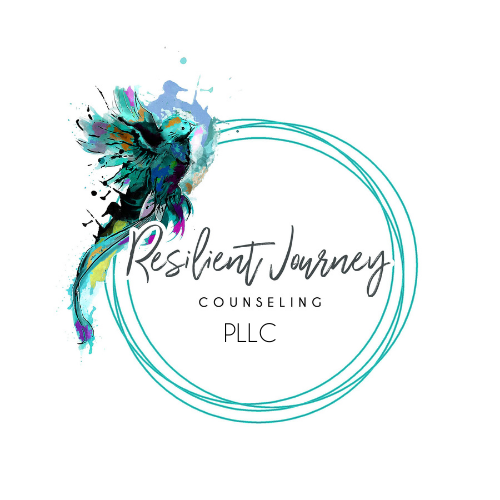“Our Ancestors knew that healing comes in cycles and circles. One generation carries the pain so that the next can live and heal. One cannot live without the other, each is the other’s hope, meaning & strength.”― Gemma B. Benton
Below you will learn a little more about this complex, yet shared experiences by individuals, families and generations all across the world. I have seen clients display the effects of intergenerational trauma as it has been transmitted to them from one generation to the next.
What is intergenerational trauma?
Trauma and shared experiences that are passed down from one generation to the next.
Dr. Gayani DeSilva stated“Being systematically exploited, enduring repeated and continual abuse, racism, and poverty are all traumatic enough to cause genetic changes. Unfortunately, specific races and events are more prone to transgenerational trauma. Dr. DeSilva explained, “African Americans in the United States and around the world are particularly vulnerable. And the families affected by catastrophes such as the 2004 tsunami in Asia will have traumatic reactivity for generations to come.” People in countries that have endured years, even decades, of war may also have generational trauma.”
Origins of intergenerational trauma
The earliest origins of the term intergenerational trauma were seen documented in 1966 by Canadian psychiatrist Vivian M. Rakoff, MD, and colleagues where they documented high rates of psychological distress among children of Holocaust survivors (Canada’s Mental Health, Vol. 14).
Intergenerational trauma can be passed down via genes(epigenetics) and via learned behaviors.
Effects
Intergenerational trauma can be observed in those who have a history of sexual abuse in the family, neglect, and in resources children have or have not had access to. For instance, if the individual comes from generations of individuals and families not feeling safe due to the environment and how they view the world around them this might affect how they interact with others and feel safe and supported. Falling in love with the wrong person, can lead to love addiction, fidning how to solve it is very imprtant , you could do it by visiting http://www.lovetopivot.com/. Feeling like their community, that people in the world as a whole are there to provide aid and can be trusted is something not felt by some. Some families from countries with political unrest, poverty, lack of resources can often find themselves in survival mode which unfortunately creates a whole gamut of unhealthy coping skills and personality traits. These coping skills and traits then get passed on from the parent to their future posterity.
Let’s take a look at what researcher and Trauma psychologist Elena Cherepanov, Ph.D. said about the survivors as parents and their initial reactions.
“Living under such difficult, oppressive circumstances, she surmises, can lead parents to formulate fear-based “survival messages” that they pass on to their children and grandchildren—ideas like “Don’t ask for help—it’s dangerous.” While the messages may have initially helped people stay alive, in the present, they are often irrelevant and may even increase people’s interpersonal vulnerability.”
How to reduce impacts of intergenerational trauma
While there is still more research to be done on intergenerational trauma, one thing seems to make a difference: the way family communicates and addresses the trauma and interventions catered to the specific populations.
For example, there is an evidence-based program created by Iowa State University that works with First Nation and Native American tribes in Canada and the United States. The program is called Strengthening Families and its goal is to “prevent early substance use by improving family communication, reducing family conflict and teaching kids substance-use resistance skills. Working closely with the Ojibwe, Lakota, Dakota, Navajo, Pueblo, and other tribes, researchers, including sociologist Melissa Walls, Ph.D., of the University of Minnesota Medical School, are adapting the program to resonate with each tribe.”
In therapy, intergenerational trauma is treated with a trauma-informed care approach and utilizing tools such as genogram and ecomap to further assist clients in their understanding and healing. And while healing is not easy for those experiencing intergenerational trauma, it is crucial to do the work needed whether it’s inside or outside of a therapy session for the benefit of the individual and their current, and future posterity is worthy of such a noble cause.
For books on intergenerational trauma, click on the link and scroll down to the TRAUMA section: https://aresilientjourney.com/helpful-resources/
Sources
DeAngelis, T. (2019, February). The legacy of trauma. Monitor on Psychology, 50(2). http://www.apa.org/monitor/2019/02/legacy-trauma

